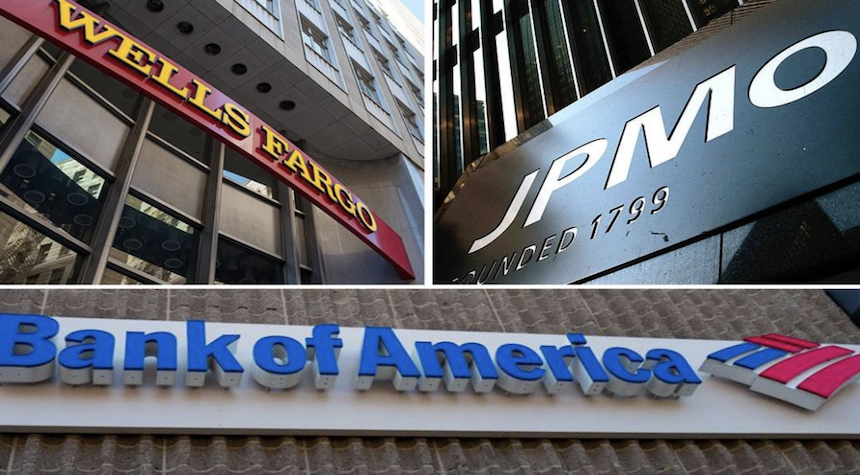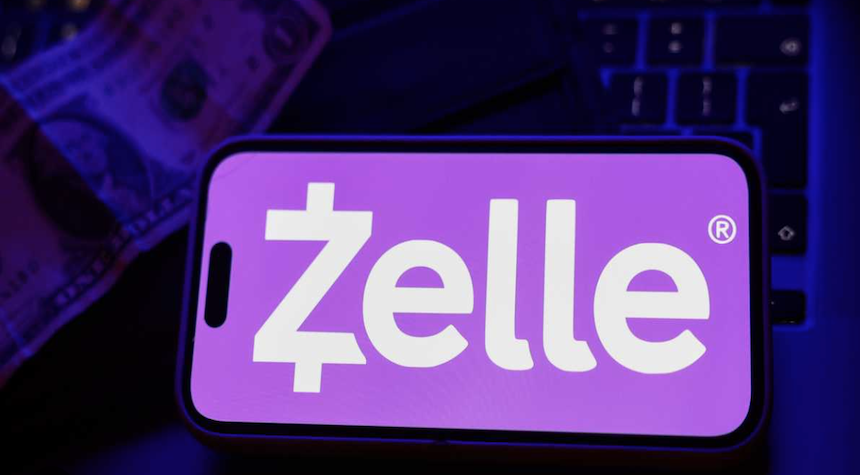The U.S. Consumer Financial Protection Bureau announced on Friday that it had filed a suit against JPMorgan Chase, Bank of America, and Wells Fargo over their failure to protect customers from alleged widespread fraud on the payments platform Zelle.
Reuters reported that the lawsuit was filed as the watchdog moved forward with a bold plan in the last weeks of Joe Biden’s Democratic administration to advance consumer protections before President-elect Donald Trump revamps the agency. These actions defy Republican congressional demands that agencies cease rulemaking.
In a press release, the CFPB said it aims to stop the alleged illegal practices via Zelle and secure redress, penalties, and other relief for consumers.
In a press briefing, Rohit Chopra, Director of the CFPB, told journalists that “what they built was a goldmine” for criminals, making it easier for them to drain consumer accounts while not providing adequate protections or compensating consumers for their losses. These banks broke the law because they ran a payment system that made it easy for fraudsters to drain accounts, but refused to compensate victims.
The CFPB claimed that banks had violated federal laws through critical failures. They alleged they left the door wide open for scammers, allowed repeat criminals to jump between banks, ignored warning signs that could have prevented fraud, and abandoned consumers once fraud had occurred.
Zelle’s proliferation of scams and fraud has drawn the attention of U.S. legislators, including Democratic Senator Elizabeth Warren, and regulators who are concerned about consumer protection.
The CFPB’s attacks against Zelle appear to be based on a lack of facts and legal knowledge, and the timing seems to be driven primarily by political considerations, according to Early Warning Services, which operates Zelle and is owned jointly by banks.

The CFPB stated that customers of the three banks involved in the Friday lawsuit lost over $870 million since Zelle’s introduction.
Federal regulations require banks to refund customers for unauthorized transactions, such as if their account was hacked. In some cases, however, banks have refused to reimburse customers who were tricked by scammers into paying themselves.
Consumer watchdog describes the experience of hundreds of thousands of consumers who filed fraud complaints. They were denied help in large numbers, and some were told to contact fraudsters to recover their money.
Officials from the CFPB said they would continue with the Zelle enforcement actions regardless of the new administration, and the likely changes in leadership at the agency. This includes the departure of Rohit Chopra as director. Elon Musk has called for the abolishment of the agency. He is a close Trump advisor who is leading a campaign to reduce bureaucracy.
Eric Halperin’s response to a journalist’s question regarding leadership changes within the incoming administration was: “This is a topic that the CFPB looks into and makes decisions about when to take enforcement actions based on specific assessments of facts and legal violations.”
Zelle is an online payments network that is owned by seven banks including JPMorgan, BofA, and others. Over 143 million American consumers and small business customers are its customers.
Early Warning, citing their own data, said that in 2023, despite an increase of 27% in the volume of transactions, scams and fraud reports decreased by almost 50%.

To address consumer concerns, in November 2023, banks using the payment app will begin refunding victims who have been scammed by imposters.
A report by the U.S. Senate Committee shows that in 2023, JPMorgan, Bank of America, and Wells Fargo combined reimbursed 38% of consumers for transactions disputed as fraudulent. This is down from 62% in 2019
In an emailed response to Reuters, a JPMorgan spokeswoman said that the CFPB was now exceeding its authority in pursuit of a political agenda by holding banks responsible for criminals. It’s an astonishing demonstration of enforcement-based regulation, which skirts the required rulemaking processes.
JPMorgan CEO Jamie Dimon is an outspoken critic, especially of the CFPB’s financial regulation initiatives. He has vowed not to support any measures that he believes will make banks less safe.
A spokesperson for BofA stated, “We strongly oppose the CFPB’s attempt to impose new costs to the 2,200 credit unions and banks that offer the free Zelle services to their clients.”
Wells Fargo has declined to comment.
JPMorgan and BofA both indicated in filings made earlier this year they may sue the CFPB for its investigations into Zelle. Wells Fargo revealed that regulators were investigating its handling of Zelle customer disputes.



